Premium Only Content
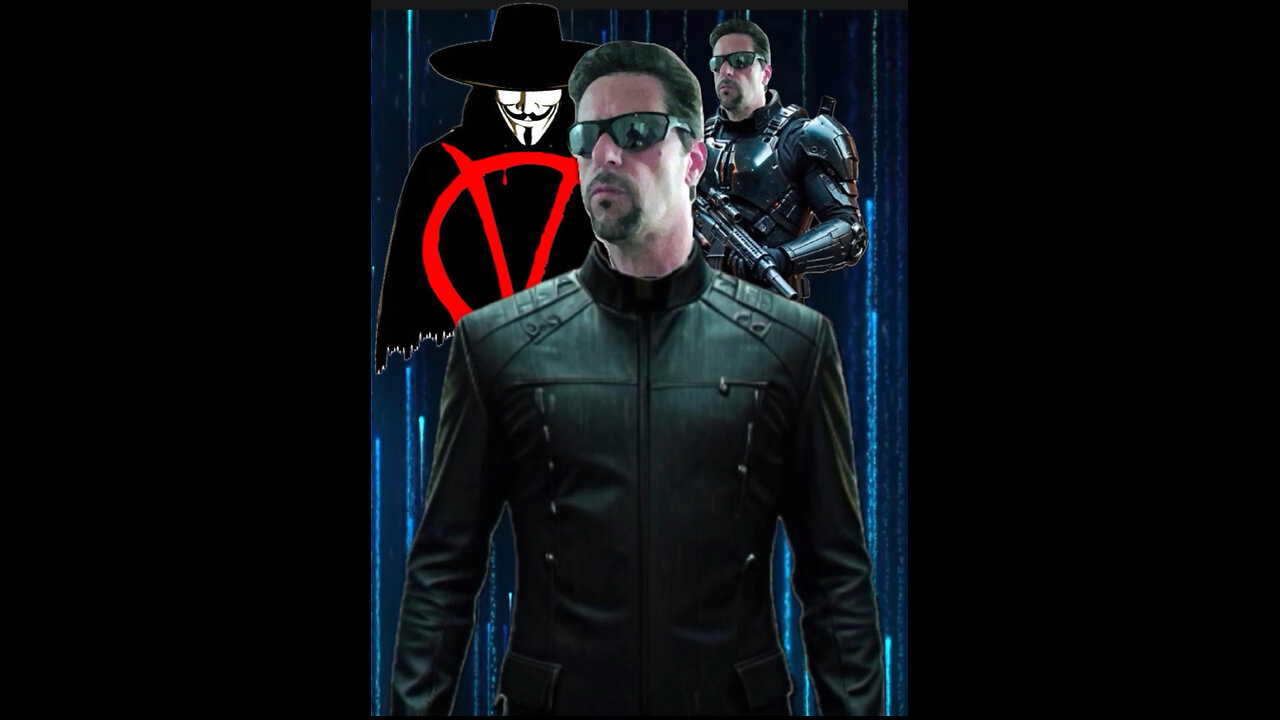
I'm exhausted by the deceit. 🥷
Here's a list of significant instances where public information or narratives in the United States were later shown to be misleading or inaccurate, including events from the COVID era:
1. Agent Orange and Vietnam War: The U.S. government denied for decades that Agent Orange, a defoliant used during the Vietnam War, was harming veterans and Vietnamese civilians. It was later proven to be linked to numerous health issues.
2. Tuskegee Syphilis Experiment: The U.S. Public Health Service conducted a clinical study (1932-1972) where African-American men in the late stages of syphilis were told they were receiving free healthcare from the U.S. government, but were not told they had syphilis and were not treated.
3. Iraq War and Weapons of Mass Destruction: The U.S. government claimed that Iraq possessed weapons of mass destruction, which was used as a justification for the 2003 invasion. No such weapons were found.
4. 9/11 and WTC Building 7: While there's consensus on the collapse of the Twin Towers, the collapse of World Trade Center Building 7 at 5:20 PM on 9/11 has been subject to debate and alternative explanations due to its free-fall speed and lack of public discussion.
5. Saddam Hussein and Al-Qaeda Link: The U.S. government claimed that Saddam Hussein had ties to Al-Qaeda, which was used as a justification for the Iraq War. No substantial evidence of such ties was found.
6. Weapons in Libya: In 2011, NATO intervened in Libya citing the need to protect civilians from Gaddafi's forces. However, it was later revealed that Gaddafi had given up his chemical and nuclear weapons programs years earlier.
7. COVID-19 Vaccine Efficacy and Safety: Throughout the COVID-19 pandemic, the U.S. government and health agencies maintained that vaccines were both safe and effective. However, increasing evidence suggests that these vaccines may not be as safe or effective as initially claimed, and that the public was not adequately informed about potential side effects and the vaccines' limited effectiveness against transmission and infection.
8. Censorship of COVID-19 Information: During the COVID-19 pandemic, the U.S. government, social media platforms, and other institutions engaged in censorship and suppression of information that contradicted official narratives, including early treatment protocols, vaccine safety concerns, and natural immunity.
9. COVID-19 Vaccine Mandates: Some governments and institutions imposed vaccine mandates, often without considering individual circumstances or the ethical implications of such mandates. These mandates have been criticized for disregarding personal freedoms and the right to informed consent.
10. Gain-of-Function Research and COVID-19 Origins: The U.S. government funded gain-of-function research at the Wuhan Institute of Virology in China, which some believe could have contributed to the COVID-19 pandemic. The government has been criticized for not being transparent about its role in this research and for initially dismissing the lab leak theory.
These examples highlight instances where public information or narratives were later shown to be misleading or inaccurate, contributing to a growing skepticism and distrust among the public.
-
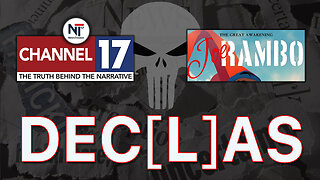 LIVE
LIVE
NewsTreason
55 minutes agoDECLAS w/ Rambo & Dave: Nuremberg 2.0 | MTG Exits Stage Left | Mamdani Psyop Confirmed, 8pm EST
6,975 watching -
 LIVE
LIVE
SpartakusLIVE
3 hours agoTeam BUNGULATORS || From HUGE WZ DUBS to TOXIC ARC BETRAYALS
1,167 watching -
 LIVE
LIVE
meleegames
47 minutes agoSONG REQUESTS CLOSED - Melee Music - Beat Hazard 3 - Devil Inside
116 watching -
 LIVE
LIVE
GritsGG
19 minutes ago#1 Most Warzone Wins 4015+!
58 watching -
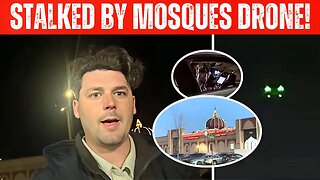 37:06
37:06
Camhigby
3 hours ago $8.01 earnedI Was Stalked By DRONE At Dearborn MOSQUE
15.1K18 -
 LIVE
LIVE
Biscotti-B23
3 hours ago🔴 LIVE STREAM ENDS WHEN I GET 100 WINS 🥵 INVINCIBLE VS CLOSED ALPHA
60 watching -
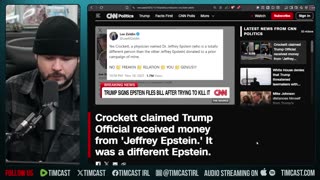 12:38
12:38
Timcast
1 day agoJasmine Crocket HUMILIATED By CNN To HER FACE Over Epstein LIE | Tim Pool
94.4K69 -
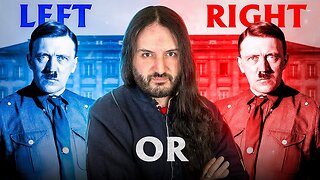 19:32
19:32
MetatronHistory
20 hours agoWas Nazism Left Wing or Right Wing? An Answer From History
15.7K35 -
 DVR
DVR
Mally_Mouse
21 hours ago🌶️ 🥵Spicy BITE Saturday!! 🥵🌶️- Let's Play: Human Fall Flat
52.6K3 -
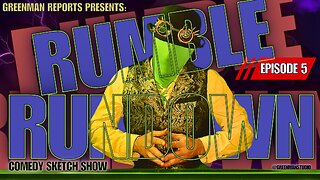 4:36
4:36
GreenMan Studio
3 hours agoTHE RUMBLE COLLAB SHOW EP. 5 W/Greenman Reports
222